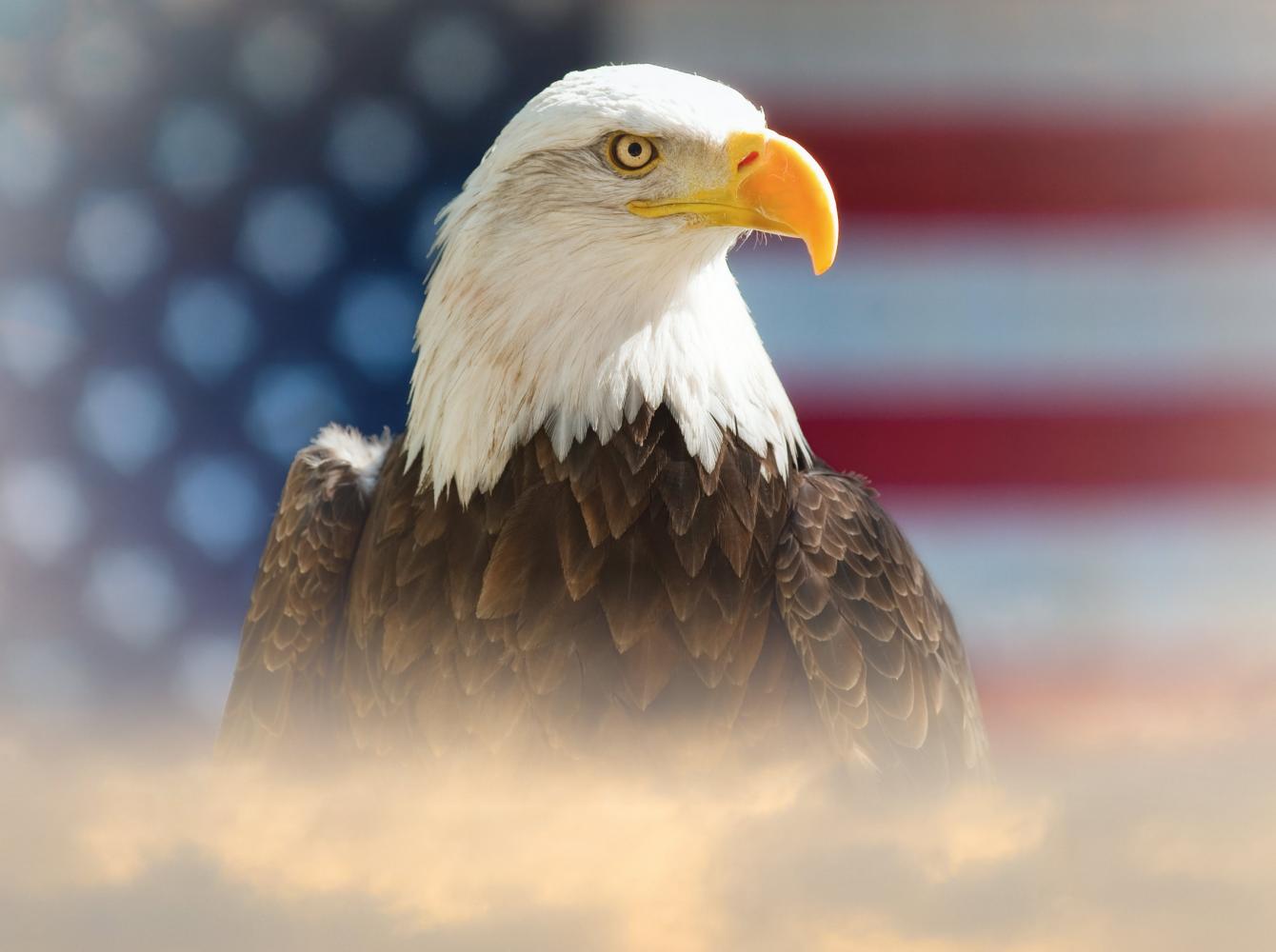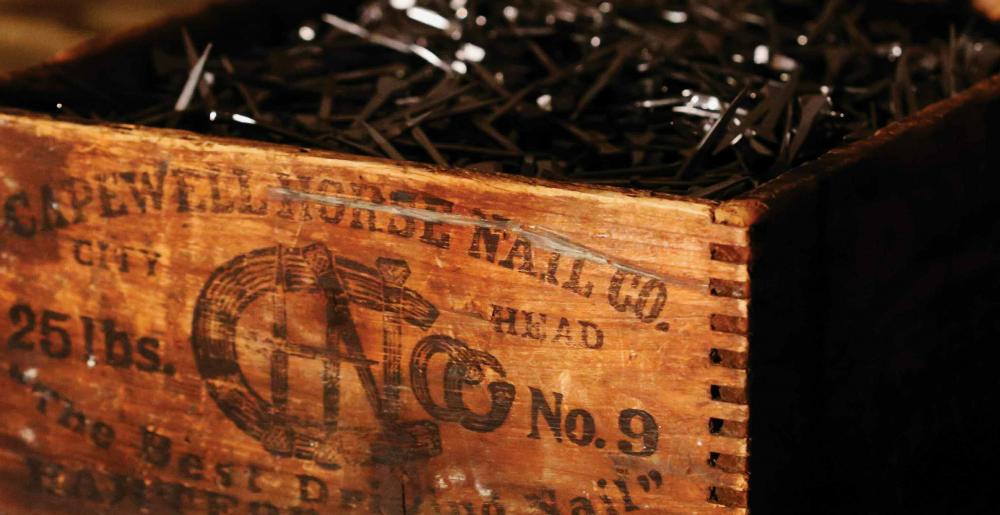
Capewell Horsenails
Company Profile
Mustad Acquires Capewell
In 1985 Mustad International Group acquired the nails operation of Capewell and founded Capewell Horsenails Inc. Since 1985 Capewell has been investing heavily in improving the quality of its nails and the service to its customers. Today, Capewell remains the preferred brand of nails in the marketplace. A portion of our company's revenues is reinvested in the industry through clinics, contests, educational videos, seminars and participation in both local and National events.
Company Profile
On January 17, 1881 the Hartford Courant announced the formation of the Capewell Horse Nail Company. Soon after the formation of the company, farriers realized that the Capewell Horse Nail was in a class by itself becoming the leading brand for Horse Nails in America.
At the turn of the century the safety bicycle with chains and rubber tires and the rapidly developing gasoline driven horseless carraige gained wide acceptance. Some Nail producers ceased operations at the time which added an increase in volume sales for Capewell. Throughout the years, Capewell has managed to survive difficult times thanks to its philosophy of service excellence and high quality.
For the last century, Capewell has bee n the preferred brand for nails in North America. In 1904, the widespread use and great satisfaction with Capewell nails was reported. The first real move to counteract the fall-off in nails sales came in 1939 when the company entered the metal cutting saw business, and immediately thereafter the forging business.
Product started on hand and power hacksaws. With the outbreak of World War II, the drop forge equipment was used in the production of parachute fittings, a product whose importance was rapidly increasing. Next to the Nail Machine, development of the parachute Canopy Release was probably the most important accomplishment in the company's history.
Capewell soon became the largest developer and producer of these items in the country. Meanwhile, with the German occupation of Northern Europe, and with an effective blockade, Capewell became practically the sole supplier of horse nails for the free world. Consequently the Nail Division worked around the clock. In spite of this, nail orders, including those shipped under lend-lease to countries such as North Africa, Belgium, Holland and France fell about one year behind. With the end of the war, Capewell also produced an excellent line of claw and ball pien hammers, including on its list of customers one of the country's largest chain.
Our Founders
George J. Capewell
Born June 26, 1843 in Birmingham, England, he was educated in Woodbury, Connecticut and went to work at fifteen for Scoville in Waterbury, Connecticut. At twenty he was Mechanical Superintendent of Cheshire Manufacturing Company. In 1870 he founded a business, manufacturing specialties of his own invention. In the centennial year of 1876, he began his major life work, the invention of an automatic process to produce horse nails. After years of frustration, failure and the loss of thousands of dollars, a perfected machine was exhibited to investors in Hartford, Connecticut in the fall of 1880. The Company was on its way. A 100 article reported that "Mr. Capewell's tenacity of purpose has brought him to the top and it is Hartford's boast that he is one of the men who has done much toward making the city known the world over." A truly extraordinary man, he was universally respected and admired. He died on November 6, 1919.
Dr. George C. F. Williams
Born in Cheshire, Connecticut, February 26, 1857, he graduated with honors from the Medical Department of New York University in 1878. He practiced medicine in his hometown, but gave up a successful medical career in 1887 to become associated with Capewell. He became president of the company in 1912 and held this position until his death in November, 1933. Dr. Williams guided the Company through the very difficult years when the need for horseshoe nails was greatly diminishing. At his death in 1933, Capewell had survived enormous changes in its market.
